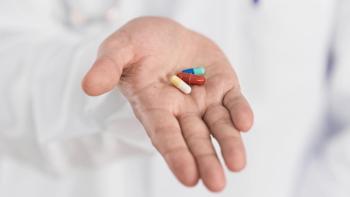
What is the possibility that the very illness we’re trying to improve is getting worse-with treatment?

What is the possibility that the very illness we’re trying to improve is getting worse-with treatment?
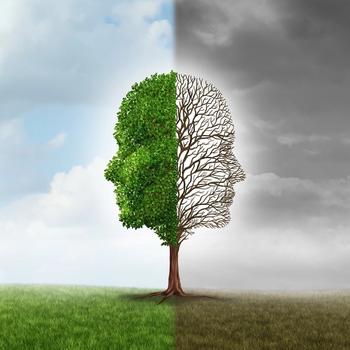
Look how close we are to the ideal: free online bipolar psychotherapy that is as effective as seeing a live therapist.
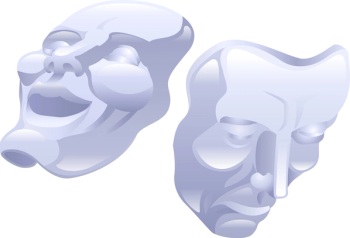
Is dysphoric hypomania a phase of mania itself? Or does it represent a descent into a mixed state?

A brief overview of the many trials that have asked this weighty question.

Treatments for borderlinity and bipolarity are quite different. What if just 3 items from a standard screening questionnaire could increase your diagnostic certainty by 30%?

Is it time to think outside the light box for treatment of seasonal depression?
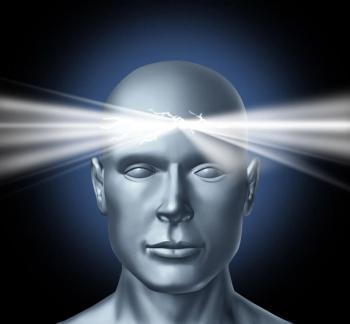
A new protocol makes light therapy an option for patients with bipolar depression.

Be cautious: not all obsessive thinking is OCD.
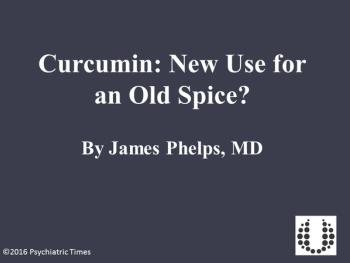
Although recent reviews caution against overenthusiasm, what if a simple, inexpensive, and extremely low-risk anti-inflammatory was at hand?
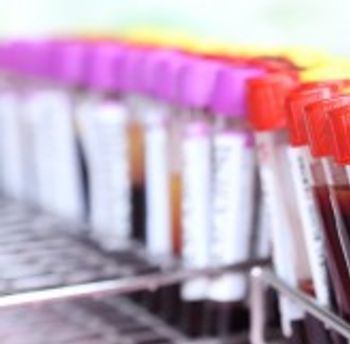
Several new findings have emerged, one of which comes very close to providing a noninvasive “lab test” for bipolar disorder.

Why is there so little clamor for a drug that prevents neurodegeneration, carries very low risk, and is unlikely to produce significant side effects?

Can lithium pass the LiTMUS test?

New research shows the benefits of low-dose lithium-even in the water supply.

A low-cost intervention creates “virtual darkness” to help stabilize mood.
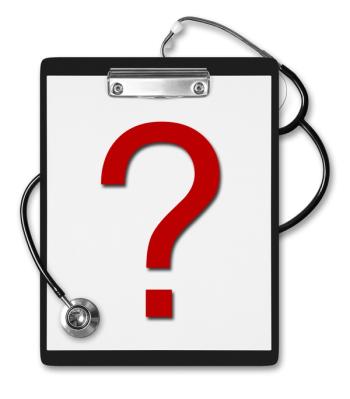
The Prisoner’s Dilemma reveals a clear distinction between the 2 conditions.

A single approach combines potent elements from 5 bipolar-specific therapies.

Here’s the major ingredient in a new psychotherapy for bipolar disorder.

New research demonstrates why it’s crucial to examine manic and other symptoms in their entirety when making a treatment plan.

Three reasons clinicians skip over bupropion.
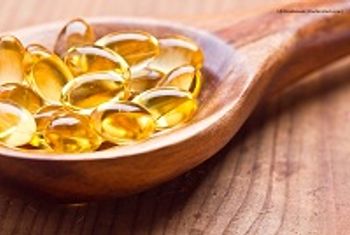
An important alternative to pharmaceutical treatments may be at hand.
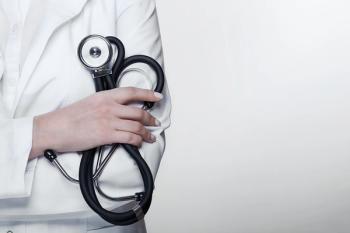

We see yet another confirmation that thyroid hormone has value as an augmentation agent. What does this mean for our patients?

The author scrutinizes the results of a new pilot study that finds the Fisher Wallace Stimulator® effective in treating bipolar depression.
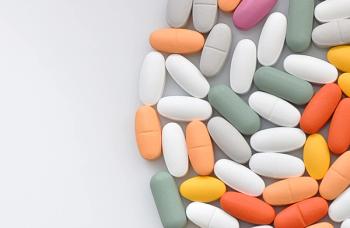
In the treatment of depression, clinicians are often faulted for failing to give an antidepressant medication at a high enough dose. What is high enough? Answering this question turns out to be tricky.
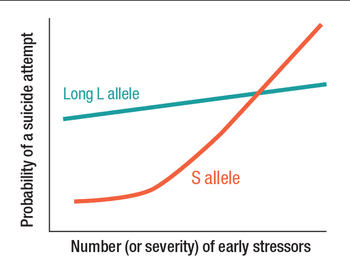
Striking findings on the relationship between stress and depression.

Experts summarize data on the role of inflammation in psychiatric disorders, emphasizing that evidence for anti-inflammatory treatment for mood disorders is limited, and mixed.
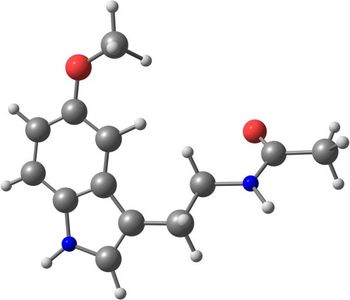
The SRT polymorphism is one of the most well studied genetic variations affecting mood disorders. Once personal genetic information is readily available, can we help patients understand the implications of their results?
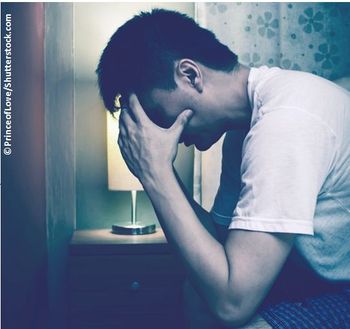
Is prevention of bipolar disorder possible? What happens before a manic or hypomanic episode that identifies this illness? Researchers asked whether there are any signs or symptoms that predict later diagnosable bipolar disorder with reasonable accuracy.

Do we really have another antipsychotic in the offing, one with a completely different mechanism than existing agents? Here: existing evidence regarding the effects of cannabidiol.

Must clinicians presume that all their female patients of reproductive age are potentially going to become pregnant? And if so, what treatment option should be offered?